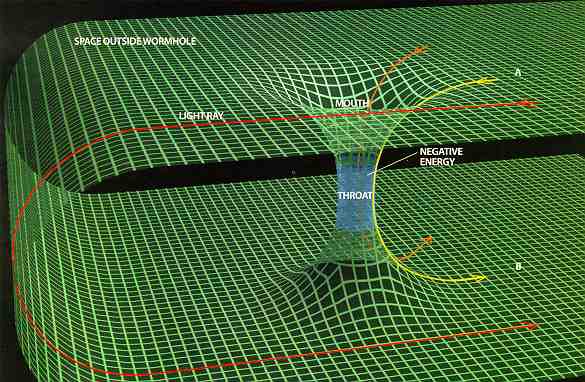| Cover via Amazon |
Let's start with:
TIME MACHINES
Stephen Hawking said: "I have experimental evidence that time travel is not possible. I gave a party for time-travelers, but I didn't send out the invitations until after the party. I sat there a long time, but no one came."Some physicists believe it's only ever possible to travel to the future, and the past is set in stone—unchangeable. If we tried to interfere, we would be as ineffective as sandals in a snowstorm. Others believe we could conceivably travel to the past, but the consequences of even the tiniest bit of interference could be catastrophic. I prefer to believe in the Back to the Future version of time travel, which would allow me to travel to the past and through a series of well-intentioned mistakes and a little bit of tomfoolery, make my life even awesomer than it already is. I'd like to believe that at some point in my existence I can travel to the past and erase such bad choices as:
- Not going to college immediately after high school, thereby condemning myself to struggle through college in my 30s, while attempting to raise five children and navigate a divorce.
- Wishing I spoke another language but not really doing anything about it.
- Not investing ALL MY MONEY when I was younger.
- Giving up practicing my piano skills because my younger sister was better at it.
- Eighties hair.
- Give 15-year-old me a flat iron with the explicit instruction not to show it to anyone ever (of course 15-year-old me was kind of a brat, so she would totally show all her friends anyway, thereby changing the course of history).
- Tell 18-year-old me to stop goofing off. Living in a party house is cool for five minutes, but it will never help you get a better job.
- Tell new-mom me that though it's possible something terrible might happen to my children, it's not okay for me to hover over them and make sure nobody ever says anything mean to them. Ever.
Scientists posit that the tiniest change could have world-changing ramifications. If I choose not to make some of the mistakes I regret, though it may save me some embarrassment and suffering, it could have unintended side effects. Like, you know, maybe Bluetooth would have never been invented or the new Star Trek movies wouldn't have been made. Big stuff like that. So before I go back in time to change these events and uber-awesome my life, I have to step back and consider the potential consequences:
- Sadly, straight hair wasn't cool in the 80s. Defying this trend and my hair's natural poofiness could have stunted my educational growth (as I would have been alienated from clubs and extracurricular activities) and would have made me look out of place in my legwarmers and oversized cut-up sweatshirt.
- Going to college later in my life meant I took it much more seriously, and though it was rough, I loved everything I learned. Also, my children got to witness my struggles and triumphs, which would later help them through their own collegiate struggles and triumphs.
- My children turned out okay, despite my hovering and obsessive midnight theoretical disaster planning. Better than okay. They're amazingly awesome, in fact.
 |
| H.G. Wells' Time Machine (photo credit: National Geographic) |
 |
| Einstein-Rosen Bridge (photo credit: Mr. Barlow's Blog) |
.jpg) |
| The Tardis (photo credit: Vibrant Oxymoron) |
 |
| The Flux Capacitor (photo credit: Jimsmash) |
 |
| John Titor's Time Machine (photo credit: LindaJM) |
 |
| Napoleon Dynamite (photo credit: Brian Terrill) |
Next week: How time machines work
Blog off.
Blog off.
Labels: Back to the Future, Cynthia, Einstein-Rosen bridge, Future, John Titor, Loveland, Michio Kaku, Physics, Physics of the Impossible, Stephen Hawking, Tardis, time machine, Time travel, Where words are scarce






I know of a few other things you would like to go back and change. I think your best bet is with John Titor's device because he and his machine is real--Art Bell told me so.!
ReplyDeleteIf I thought about it long enough, I'm sure I could come up with a mile-long list of things I would change—performing in that one talent show, drinking whole milk for almost an entire pregnancy, oh yeah...and that one maternity outfit that made me look like Barney....
Delete